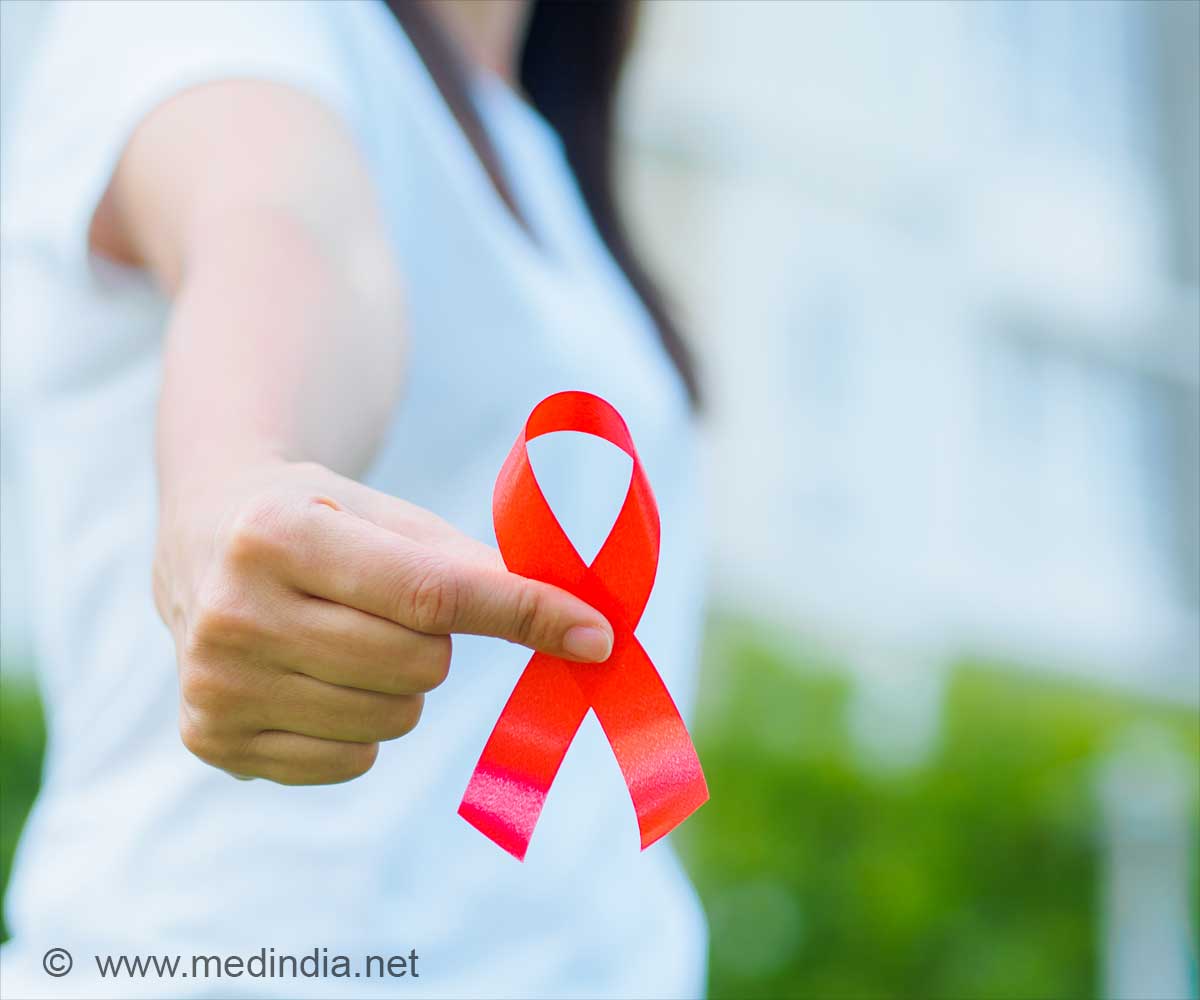Sunlenca’s twice-yearly shot offers breakthrough in HIV prevention, but access challenges persist, especially in Latin America; sparks a global debate on access and equity.

It has been described as the closest the world has ever gotten to a vaccine for the AIDS virus (1✔ ✔Trusted Source
A twice-yearly shot could help end AIDS. But will it get to everyone who needs it?
).
Advertisement
Biannual Injection 100% Effective in Women, Nearly as Effective in Men
The biannual injection was 100% effective in preventing HIV infections in a study of women, and results released on Wednesday indicate it was nearly as effective in men.
Drugmaker Gilead announced it will permit the sale of affordable, generic versions of the drug in 120 low-income countries with high HIV rates, primarily in Africa, Southeast Asia, and the Caribbean. However, it has excluded nearly all of Latin America, where HIV rates are lower but rising, raising concerns that a key opportunity to combat the disease may be missed.
“This is so far superior to any other prevention method we have, that it’s unprecedented,” said Winnie Byanyima, executive director of UNAIDS. She credited Gilead for developing the drug, but said the world’s ability to stop AIDS hinges on its use in at-risk countries.
Advertisement
AIDS-Related Deaths at Historic Low
In a report released for World AIDS Day on Sunday, UNAIDS stated that the number of AIDS-related deaths last year — approximately 630,000 — was the lowest since it peaked in 2004, indicating that the world is now at “a historic crossroads” with an opportunity to end the epidemic.
The drug lenacapavir, sold under the brand name Sunlenca, is already used to treat HIV infections in the U.S., Canada, Europe, and other regions. The company plans to seek approval soon for Sunlenca’s use in HIV prevention.
Advertisement
Biannual Shots: An Effective Option for Those Hesitant to Seek HIV Care
Although there are other methods of protection against HIV, such as condoms, daily pills, vaginal rings, and bi-monthly shots, experts believe the Gilead biannual injections would be especially beneficial for marginalized groups, including gay men, sex workers, and young women, who may be hesitant to seek care.
“It would be a miracle for these groups because it means they just have to show up twice a year at a clinic and then they’re protected,” said UNAIDS’ Byanyima.
Study Participants Continue Treatment Amidst HIV Stigma
This was the case for Luis Ruvalcaba, a 32-year-old man from Guadalajara, Mexico, who took part in the most recent study. He shared that he was afraid to request the daily prevention pills provided by the government, fearing discrimination as a gay man. However, by participating in the study, he will continue receiving the shots for at least another year.
“In Latin American countries, there is still a lot of stigma, patients are ashamed to ask for the pills,” said Dr. Alma Minerva Pérez, who recruited and enrolled a dozen study volunteers at a private research center in Guadalajara.
Uncertainty Surrounds Availability of HIV Shots
It is still unclear how widely the shots will be available in Mexico through the country’s healthcare system. Health officials have declined to comment on any plans to purchase Sunlenca for public use. However, daily HIV prevention pills became freely available through the country’s public health system in 2021.
“If the possibility of using generics has opened, I have faith that Mexico can join,” said Pérez.
Byanyima said other countries besides Mexico that took part in the research were also excluded from the generics deal, including Brazil, Peru and Argentina. “To now deny them that drug is unconscionable.” she said.
In a statement, Gilead said it has “an ongoing commitment to helping enable access to HIV prevention and treatment options where the need is the greatest.” Among the 120 countries eligible for the generic version are 18 primarily African nations, which account for 70% of the world’s HIV burden.
The drugmaker said it is also working on establishing “fast, efficient pathways to reach all people who need or want lenacapavir for HIV prevention.”
15 Advocacy Groups Call for Greater Access to HIV Prevention
On Thursday, 15 advocacy groups from Peru, Argentina, Ecuador, Chile, Guatemala, and Colombia sent a letter to Gilead, urging the company to make generic Sunlenca available in Latin America. They highlighted the “alarming” inequity in access to new HIV prevention tools, especially as infection rates continue to rise.
While countries such as Norway, France, Spain, and the U.S. have paid over $40,000 per year for Sunlenca, experts have estimated that once generic production scales up to cover 10 million people, the cost per treatment could be as low as $40.
Experts Urge Focus on Latin America’s HIV Crisis Amid Rising Infections
Dr. Chris Beyrer, director of the Global Health Institute at Duke University, stated that having Sunlenca available in the hardest-hit countries in Africa and Asia would be incredibly valuable. However, he emphasized that the rising HIV rates among groups such as gay men and transgender populations in Latin America represent “a public health emergency.”
Hannya Danielle Torres, a 30-year-old trans woman and artist who participated in the Sunlenca study in Mexico, expressed hope that the government would find a way to provide the shots to those in need. “Mexico may have some of the richest people in the world but it also has some of the most vulnerable people living in extreme poverty and violence,” Torres said.
Another drugmaker, Viiv Healthcare, also excluded most of Latin America when it permitted generics of its HIV prevention shot in about 90 countries. Sold under the brand name Apretude, the bi-monthly shots are about 80% to 90% effective in preventing HIV. However, they cost around $1,500 per year in middle-income countries, a price beyond the affordability of many.
Compulsory Licenses Urged to Tackle Rising HIV Infections Globally
Asia Russell, executive director of the advocacy group Health Gap, stated that with over 1 million new HIV infections globally each year, existing prevention methods are insufficient. She urged countries like Brazil and Mexico to issue “compulsory licenses,” a measure that allows countries to suspend patents during a health crisis.
This strategy was used by some countries for earlier HIV treatments, particularly in the late 1990s and 2000s when AIDS drugs were first introduced. More recently, in April, Colombia issued its first-ever compulsory license for the key HIV treatment Tivicay, without permission from its drugmaker, Viiv.
Dr. Salim Praises Sunlenca’s Effectiveness in HIV Prevention
Dr. Salim Abdool Karim, an AIDS expert at South Africa’s University of KwaZulu-Natal, stated that he had never encountered a drug as effective as Sunlenca in preventing HIV.
“The missing piece in the puzzle now is how we get it to everyone who needs it,” he said.
Reference:
- A twice-yearly shot could help end AIDS. But will it get to everyone who needs it? – (https://www.livemint.com/news/a-twice-yearly-shot-could-help-end-aids-but-will-it-get-to-everyone-who-needs-it-11733032894230.html)
Source-Eurekalert



